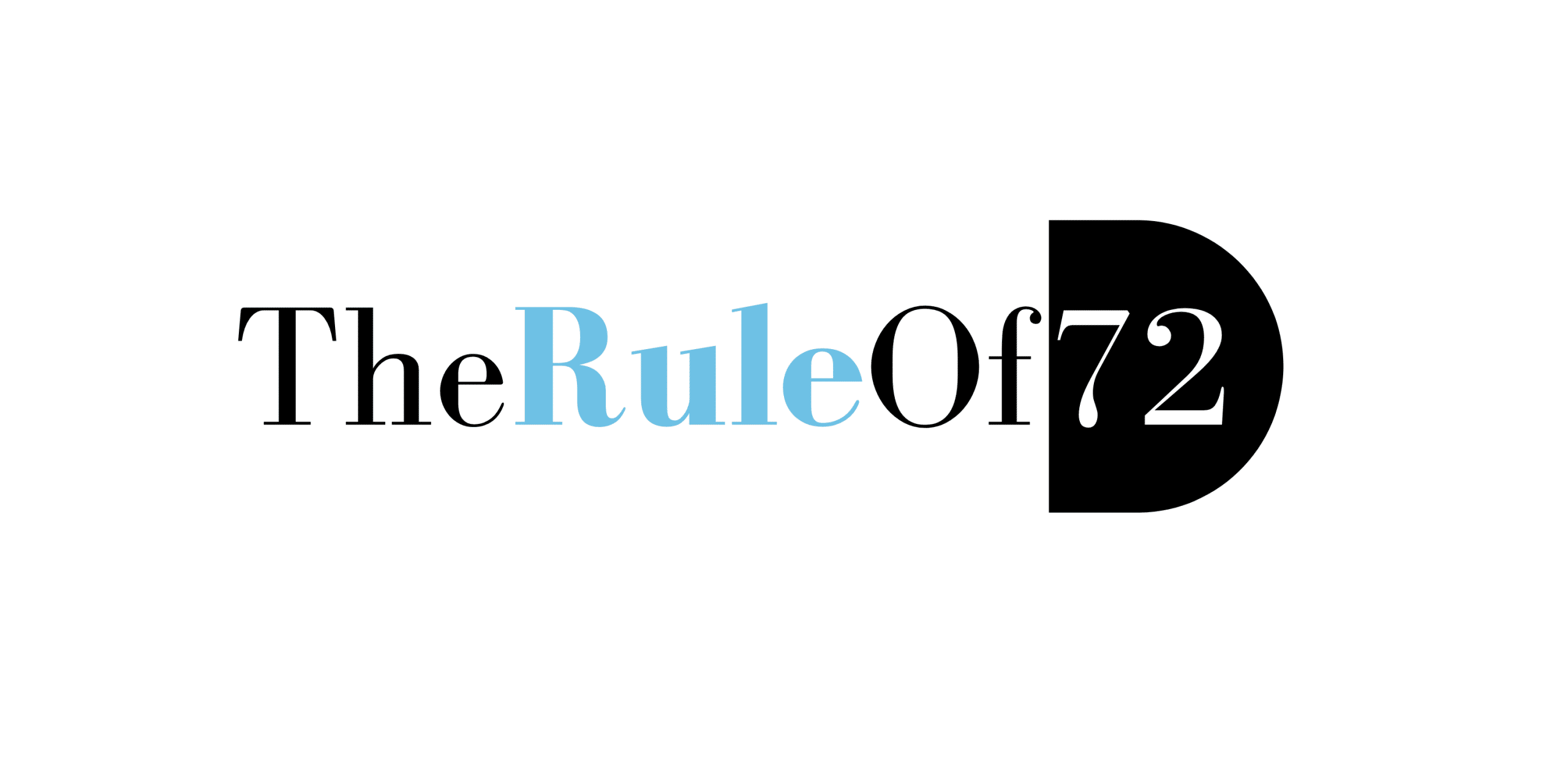How to Compare Life Insurance Quotes Effectively

When it comes to securing your financial future and protecting your loved ones, life insurance is an essential tool. However, the process of selecting the right policy can be daunting due to the multitude of options available. One of the most critical steps in choosing the right policy is comparing life insurance quotes effectively. This process involves understanding different types of policies, knowing what factors influence quotes, and using a systematic approach to evaluate your options. Here’s a comprehensive guide to help you compare life insurance quotes effectively.
Understanding Life Insurance Types
Before diving into the comparison process, it’s crucial to understand the two main types of life insurance: term life insurance and permanent life insurance.
1. Term Life Insurance: This type of policy provides coverage for a specific period, usually ranging from 10 to 30 years. If the policyholder dies during this term, the beneficiaries receive a death benefit. Term life insurance is typically more affordable than permanent life insurance and is ideal for those who need coverage for a finite period, such as until children are grown or a mortgage is paid off.
2. Permanent Life Insurance: Unlike term life insurance, permanent life insurance provides coverage for the policyholder’s entire life, as long as premiums are paid. This category includes whole life, universal life, and variable life insurance. Permanent life insurance often includes a cash value component, which can be borrowed against or withdrawn. These policies are generally more expensive due to their lifelong coverage and additional features.
Factors Influencing The Premium
Several factors can influence the quotes you receive from life insurance providers. Understanding these factors can help you make more informed comparisons.
1. Age and Gender: Younger individuals typically receive lower quotes because they are less likely to pass away within the policy term. Gender also plays a role, as statistically, women tend to live longer than men, often resulting in lower premiums.
2. Health Status: Insurers will consider your overall health, including any pre-existing conditions, medical history, and lifestyle choices such as smoking. Healthier individuals receive lower premiums, while those with health issues may face higher costs or even denial of coverage.
3. Occupation and Hobbies: Certain occupations and hobbies that are considered high-risk (e.g., construction work, skydiving) can lead to higher premiums due to the increased likelihood of accidents.
4. Coverage Amount and Term Length: The larger the death benefit and the longer the term of the policy, the higher the premium will be. It’s important to choose a coverage amount and term that adequately meets your needs without unnecessarily increasing costs.
5. Riders and Additional Benefits: Optional riders, such as disability waivers, accidental death benefits, or long-term care riders, can add to the cost of the policy. While these can provide additional protection, they should be chosen based on your specific needs and circumstances.
Steps to Compare Life Insurance Quotes
Now that you understand the basics and influencing factors, here’s a step-by-step guide to effectively comparing life insurance quotes.
1. Determine Your Coverage Needs
Start by assessing how much coverage you need. Consider your financial obligations, such as mortgages, debts, education expenses for children, and ongoing living expenses for dependents. A common rule of thumb is to have coverage that is 10-12 times your annual income. However, this can vary based on your specific situation.
2. Choose the Right Type of Policy
Based on your coverage needs and financial goals, decide whether a term or permanent life insurance policy is more suitable. If you need coverage for a specific period, term life insurance might be the best option. If you want lifelong coverage with a savings component, permanent life insurance could be more appropriate.
3. Gather Quotes from Multiple Insurers
Use online comparison tools or work with an independent insurance agent to gather quotes from multiple insurers. Ensure you provide consistent information to each insurer to receive accurate quotes. Look for policies that match your desired coverage amount and term length.
4. Evaluate the Financial Strength of Insurers
The financial stability of the insurance company is crucial. You want to ensure that the company will be able to pay out claims in the future. Research the financial ratings of insurers from independent rating agencies such as A.M. Best, Moody’s, or Standard & Poor’s. Choose insurers with strong ratings to ensure reliability.
5. Compare Premiums and Policy Features
Once you have gathered quotes, compare the premiums. However, don’t focus solely on the cost. Evaluate the features and benefits of each policy. Consider the following aspects:
Premium Structure: Understand if the premiums are level (remain the same throughout the term) or if they increase over time.
Policy Flexibility: Check if the policy allows changes, such as converting a term policy to a permanent one.
Exclusions and Limitations: Be aware of any exclusions or limitations in the policy, such as conditions under which the benefit may not be paid.
Riders and Optional Benefits: Assess the cost and benefits of any additional riders included in the policy.
6. Read the Fine Print
Carefully read the policy documents to understand all terms and conditions. Pay attention to the fine print, including any clauses that might affect the payout, such as suicide clauses or contestability periods. Understanding these details can prevent unpleasant surprises later.
7. Consider Customer Service and Reviews
Customer service is an important aspect of any insurance policy. Research customer reviews and testimonials about the insurers you are considering. Look for feedback on the ease of the application process, claim settlement, and overall customer satisfaction.
8. Seek Professional Advice
If you’re unsure about any aspect of comparing life insurance quotes, consider seeking advice from a financial advisor or insurance professional. They can provide personalized guidance based on your financial situation and help you choose the best policy.
Common Mistakes to Avoid
When comparing life insurance quotes, avoid these common mistakes:
1. Choosing Based on Price Alone: While affordability is important, the cheapest policy may not provide the best coverage. Consider the overall value and features of the policy.
2. Overlooking Exclusions: Failing to read and understand policy exclusions can lead to denied claims. Always review the policy terms thoroughly.
3. Ignoring Policy Flexibility: A policy that can adapt to your changing needs over time is valuable. Ensure the policy offers flexibility for future adjustments.
4. Skipping the Health Exam: Some policies offer no-medical-exam options at higher premiums. If you are in good health, taking the exam can result in lower premiums.
5. Delaying the Decision: Life insurance premiums increase with age. Delaying your decision can lead to higher costs.
Conclusion
Comparing life insurance quotes effectively requires a thorough understanding of your needs, the types of policies available, and the factors that influence premiums. By following a systematic approach—determining your coverage needs, gathering and comparing quotes, evaluating insurers’ financial strength, and reading the fine print—you can make an informed decision that provides the best protection for your loved ones. Remember, life insurance is a long-term commitment, so take the time to choose a policy that aligns with your financial goals and offers peace of mind.





